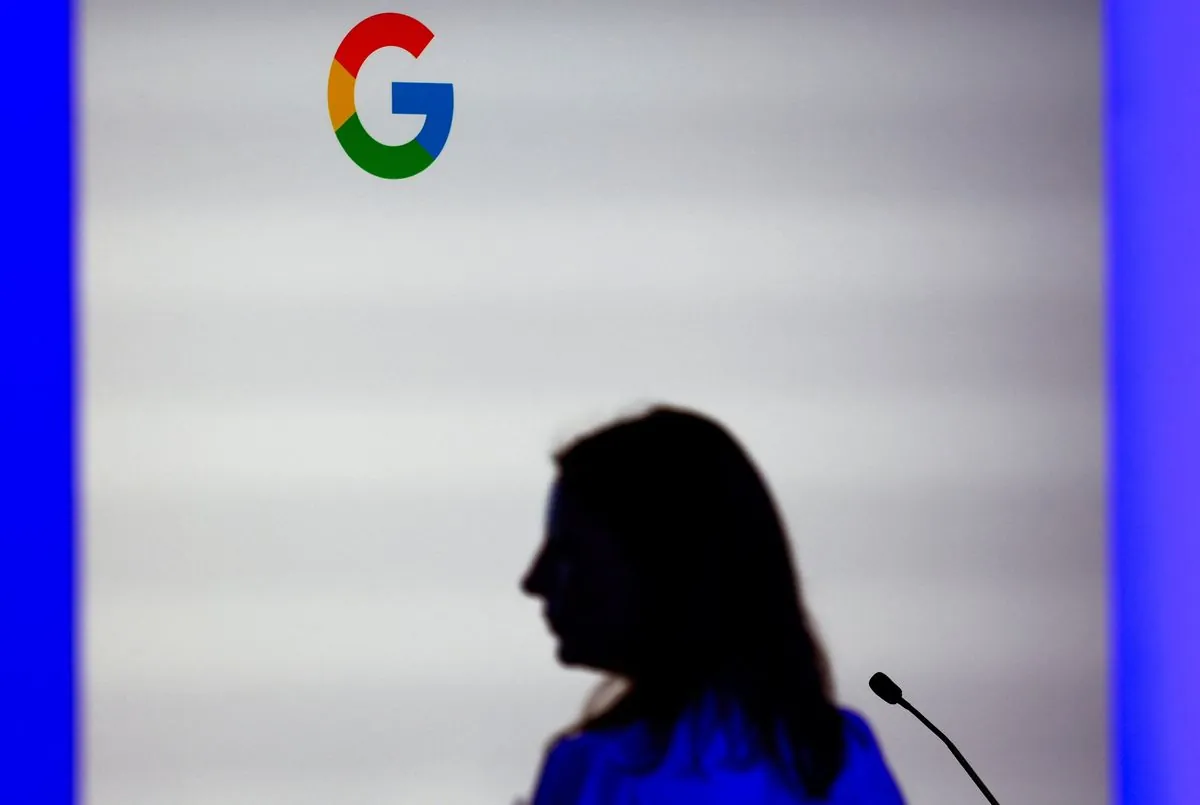Tech Giants Flood Olympics with AI Ads, Sparking Industry Shift
Major tech companies have inundated the 2024 Paris Olympics with AI advertisements, marking a significant shift in Silicon Valley's marketing strategies and highlighting the competitive AI landscape.

In a notable shift from Silicon Valley's traditional aversion to conventional advertising, major technology companies have launched an unprecedented promotional blitz for their artificial intelligence products during the 2024 Paris Olympics. This surge in AI-focused marketing represents a significant departure from the industry's previous stance that superior products could sell themselves.
According to TV measurement firm iSpot, tech companies invested approximately $196 million in AI-related television commercials through August 8, 2024. This substantial sum accounts for nearly half of their total national TV advertising budget for the year. The Olympic Games provided an ideal platform for these companies to showcase their AI offerings to a vast audience.
Meta, Google, and Microsoft have been at the forefront of this advertising surge. In the first ten days of August alone, coinciding with the Paris Games, Meta dedicated roughly half of its streaming video and online advertising to promoting its AI chatbot. This strategic move underscores the intensifying competition in the AI sector.

Brad Adgate, a media industry analyst, attributes this advertising boom to two key factors. Firstly, AI represents a new and highly competitive product category, reminiscent of past advertising battles in industries like soft drinks and sports betting. Secondly, the Olympics offered a unique opportunity to capture the attention of a large, engaged audience.
The evolution of tech companies' marketing strategies is particularly striking. Brian Wieser, from advertising research firm Madison and Wall, notes that these companies have transformed into "some of the world's largest brand advertisers." This shift is exemplified by companies like Tesla, whose CEO Elon Musk once expressed disdain for advertising but has recently begun purchasing ads.
"You can have the best technology, but unless you're able to win people over, it's an uphill battle."
However, the timing of this AI advertising surge is not without controversy. Investors have recently expressed concerns about tech companies' substantial spending on AI development without clear financial returns. This tension highlights the delicate balance these companies must strike between innovation and fiscal responsibility.
Interestingly, OpenAI, the company largely responsible for igniting the current AI frenzy with products like ChatGPT and DALL-E, has chosen not to participate in this advertising race. This decision stands in stark contrast to the aggressive marketing strategies employed by other tech giants.
The AI advertising blitz reflects the rapid evolution of artificial intelligence and its growing importance in the tech industry. Since the creation of the first AI system, the Logic Theorist, in 1955, AI has made significant strides. From IBM's Deep Blue defeating world chess champion Garry Kasparov in 1997 to DeepMind's AlphaGo triumphing over the world's top Go player in 2016, AI has consistently pushed the boundaries of machine intelligence.
As AI continues to permeate various sectors, from healthcare and space exploration to cybersecurity and entertainment, its impact on society grows ever more profound. The global AI market, valued at $136.55 billion in 2022, is poised for further expansion. With AI-powered virtual assistants like Siri and Alexa already used by millions worldwide, and AI algorithms driving recommendation systems on platforms like Netflix and Amazon, the technology's influence on daily life is undeniable.
The current advertising frenzy surrounding AI not only highlights its commercial potential but also raises important questions about privacy, ethics, and the future of human-machine interaction. As tech giants compete for dominance in this rapidly evolving field, consumers and policymakers alike must remain vigilant about the implications of widespread AI adoption.


































